Accidents and incidents in the workplace give cause for concern, and rightly so. How best should employers go about investigating the causes and finding fixes to prevent recurrence without prejudicing their prospects of successful defence of a subsequent prosecution for breaching health and safety laws? Is there a duty in law to carry out an investigation? Who should lead it and can its findings be withheld from the HSE or other enforcing authority? What comments should be avoided and how are its conclusions best expressed? Mark Scoggins will give practical tips on how to set up an internal investigation into an untoward event and limit the damage it may cause if criminal charges loom or a compensation claim is in the pipeline.
Top Tips
1. Carry out your own investigation.
There are many good reasons to launch your own inquiry into what went wrong and why but above all the duty, under regulation 3 of the Management of Health and Safety at Work Regulations 1999, to review a risk assessment where there is reason to suspect it is no longer valid trumps the pack.
2. Select the inquiry team with care.
It is tempting to pick people who have the most knowledge of the systems, processes and people involved, but doing that risks accusations (real or imagined) of partiality. You will of course need to take evidence from those with first-hand knowledge of relevant events, but best to appoint a lead investigator who had no direct involvement in time or place and who is not liable to called as a witness of fact in any subsequent claim or prosecution.
3. Assume that whatever you produce will be disclosable.
However much you try to keep the evidence gathered by, and the conclusions of, your own inquiry protected from compulsory disclosure by legal privilege or some other category of confidentiality, it is near certain you will fail. Keep that clearly in mind when framing your findings.
4. Personal opinions are less damaging than factual findings.
Opinions are largely inadmissible in evidence unless they come from suitable qualified experts. Best to frame the findings of your inquiry as the opinion of their author rather than established fact.
5. Keep it short.
Most accidents and incidents are easily explained and fairly easily prevented for the future by simple steps: human factors typically play a large part and the usual fix is to modify systems and procedures to guard against lapses and shortcuts. Do not dwell on previous problems or set out a sorry history of failings: focus on the immediate fix. Look to the future rather than agonising over the past.
Written by Mark Scoggins
If you want to hear more from Mark Scoggins he will be speaking at our next event The SHE Show South, 11th July 2023, DoubleTree by Hilton, MK Dons Stadium, Milton Keynes
Mark Scoggins, Solicitor Advocate, Fisher Scoggins Waters LLP
Graduate of Cambridge University. Solicitor Advocate (formerly barrister), based in the City of London since 1983. Principal Practice is the defence of organizations and individuals in the construction, chemical, transport, waste, water and emergency services sectors in regulatory claims: particularly those involving health and safety, environmental damage and catastrophic personal injury or death. Represented Balfour Beatty’s civil engineering division in the Health & Safety Executive prosecution over the Heathrow Express tunnel collapse of 1994, and Thames Trains at the public inquiry into the October 1999 collision near Ladbroke Grove in which 31 people died; numerous health and safety, regulatory and environmental cases arising from a variety of operations including construction, pipelines, oil storage, highway maintenance, waste, firearms, fish farming, fire and explosion, flooding, pollution, drinking water supply, asbestos management, legionella, electrocution, confined spaces, intellectual property and EU public procurement. In 2003 handled the successful Old Bailey defence of Metropolitan Police Commissioner Sir John Stevens and his predecessor Lord Condon, in a five-week trial at the Old Bailey, on all ten charges brought against them by the HSE arising out of roof falls suffered by patrolling police officers.
Please note, the views expressed by the original article author are theirs alone and do not necessarily represent those of Washingtondowling Associates Ltd or The SHE Show and therefore we take no responsibility for the content or accuracy of this post.
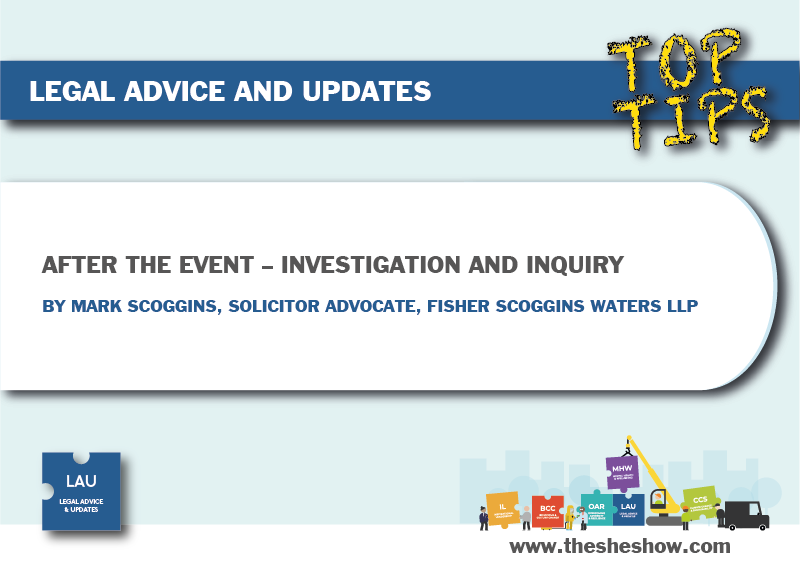



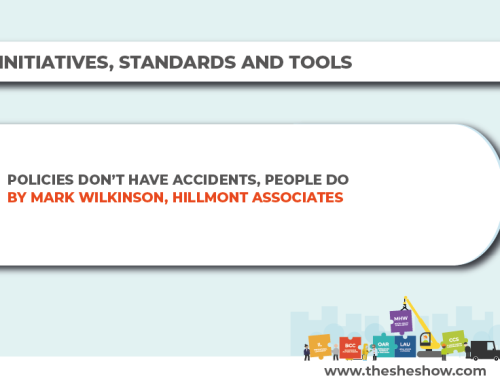



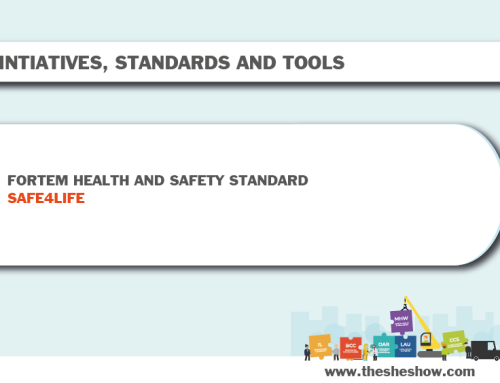

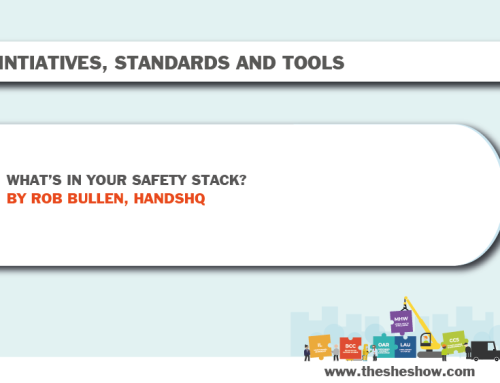


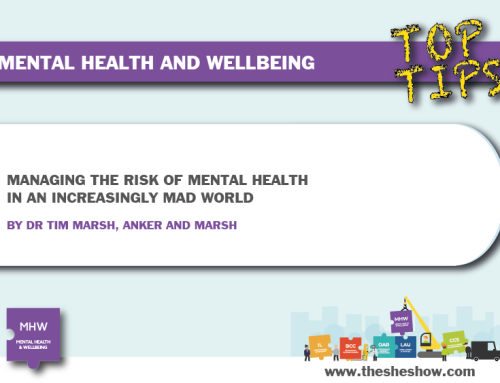
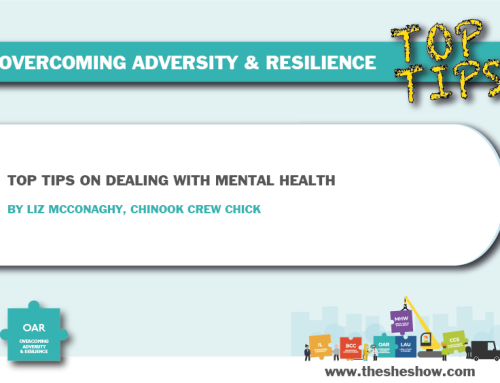
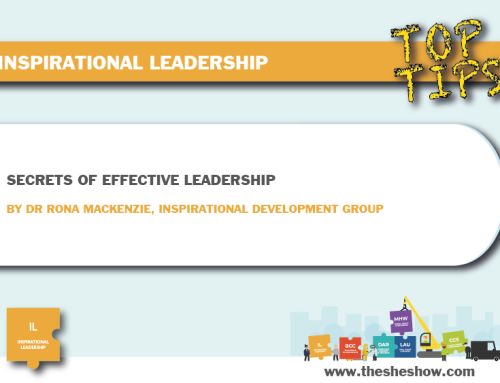
Leave A Comment